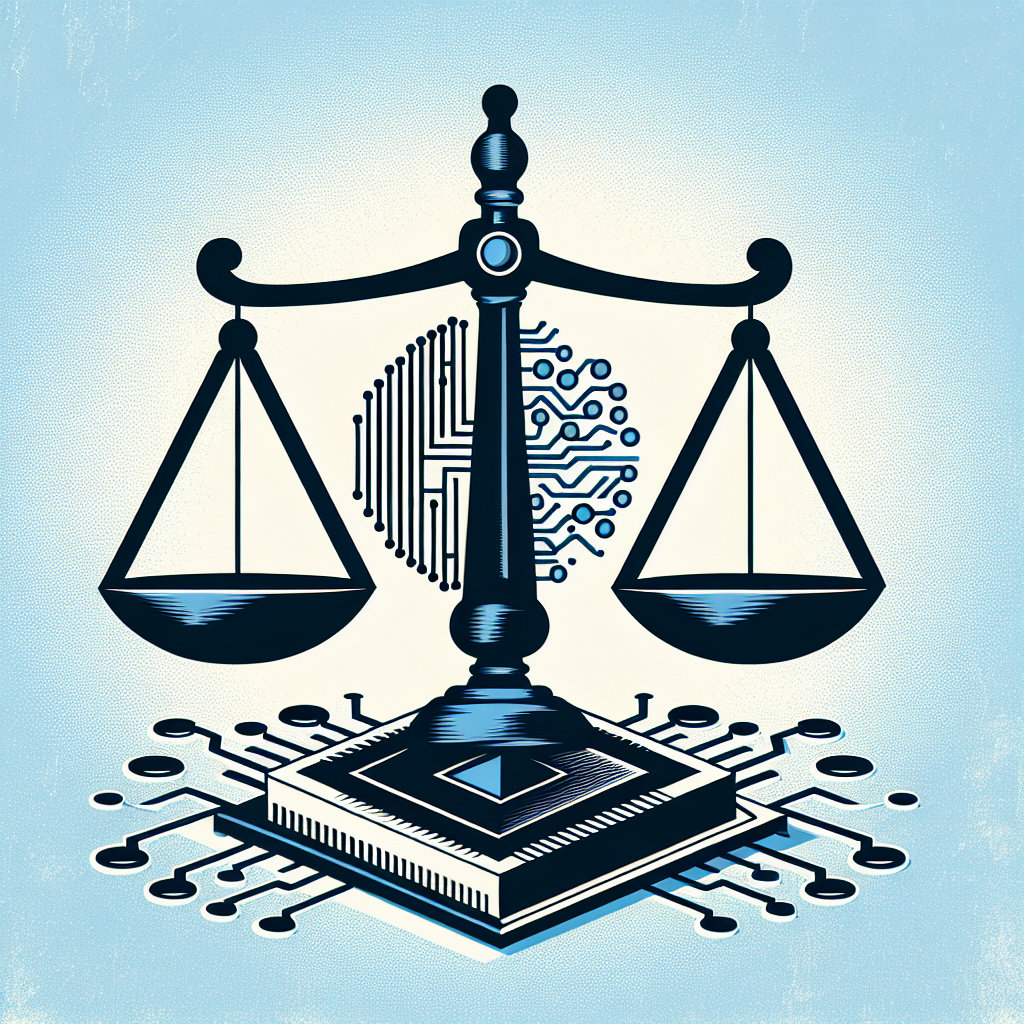AI Software: A Tool for Enhancing Social Justice
Artificial Intelligence (AI) has rapidly become a powerful tool in various industries, from healthcare to finance to transportation. However, one area where AI software can have a significant impact is in promoting social justice. By leveraging AI technologies, organizations and governments can identify and address systemic inequalities, improve access to resources, and create more equitable opportunities for all members of society.
AI software can help address social justice issues in a variety of ways, including:
1. Identifying Bias and Discrimination: One of the key ways that AI software can enhance social justice is by identifying and addressing bias and discrimination in decision-making processes. AI algorithms can analyze large datasets to identify patterns of bias and discrimination in hiring practices, lending decisions, criminal justice systems, and other areas. By highlighting these disparities, organizations and policymakers can take steps to address them and ensure fair and equitable treatment for all individuals.
2. Improving Access to Services: AI software can also help improve access to critical services for marginalized communities. For example, AI-powered chatbots can provide information and support to individuals who may not have access to traditional support services. Additionally, AI algorithms can analyze data to identify areas with the greatest need for resources, such as healthcare services or affordable housing, and help policymakers allocate resources more effectively.
3. Enhancing Predictive Analytics: AI software can also be used to predict and prevent social justice issues before they occur. For example, AI algorithms can analyze patterns of crime to identify areas with high rates of violence and help law enforcement agencies deploy resources more effectively. Similarly, AI software can analyze data to predict trends in unemployment, homelessness, or other social issues, allowing policymakers to take proactive steps to address these challenges.
4. Promoting Equity in Education: AI software can also help promote equity in education by identifying and addressing disparities in academic performance. For example, AI algorithms can analyze student data to identify students who may be at risk of falling behind academically and provide targeted interventions to support their learning. Additionally, AI-powered tutoring programs can provide personalized support to students who may not have access to traditional tutoring services.
5. Facilitating Access to Legal Services: AI software can also help improve access to legal services for marginalized communities. For example, AI-powered chatbots can provide legal information and support to individuals who may not have access to traditional legal services. Additionally, AI algorithms can analyze legal data to identify trends in discrimination or injustice, helping advocacy organizations and policymakers address these issues more effectively.
Overall, AI software has the potential to be a powerful tool for enhancing social justice by identifying and addressing systemic inequalities, improving access to resources, and creating more equitable opportunities for all members of society. However, it is important to recognize that AI is not a panacea for social justice issues and must be implemented thoughtfully and ethically to avoid perpetuating existing biases and disparities.
FAQs:
Q: How can AI software help address bias and discrimination?
A: AI software can help address bias and discrimination by analyzing large datasets to identify patterns of bias in decision-making processes. By highlighting these disparities, organizations and policymakers can take steps to address them and ensure fair and equitable treatment for all individuals.
Q: How can AI software improve access to services for marginalized communities?
A: AI software can improve access to services for marginalized communities by providing information and support through AI-powered chatbots, analyzing data to identify areas with the greatest need for resources, and predicting and preventing social justice issues before they occur.
Q: How can AI software promote equity in education?
A: AI software can promote equity in education by identifying and addressing disparities in academic performance, providing targeted interventions to support student learning, and offering personalized tutoring programs to students who may not have access to traditional tutoring services.
Q: How can AI software facilitate access to legal services for marginalized communities?
A: AI software can facilitate access to legal services for marginalized communities by providing legal information and support through AI-powered chatbots, analyzing legal data to identify trends in discrimination or injustice, and helping advocacy organizations and policymakers address these issues more effectively.

